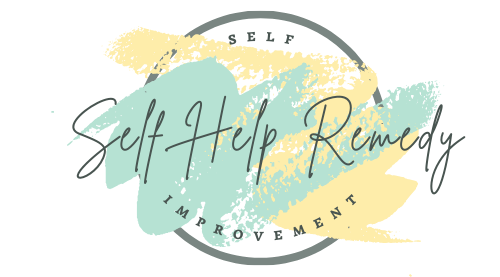Warning Signs Abusive Relationship
Emotional abuse can often begin subtly and may be difficult to identify at first. Instead of the dramatic scenes often depicted in media, real-life signs can be much more insidious. The first step in protecting yourself is to recognize these early red flags.
Controlling behavior might start small, like deciding where you go or who you spend time with. It often escalates to monitoring your phone, emails, or even your daily activities, all under the guise of care and concern. This manipulative tactic chips away at your independence and self-esteem, making you feel indebted or overly dependent on your partner.
Isolation is another common tactic. Your partner might start by expressing discomfort or jealousy over your relationships with friends or family. Eventually, this can lead to outright demands that you cut ties with loved ones, making you increasingly reliant on the abuser for social interaction and support. This tactic is used to weaken your support system and increase your dependency.
Manipulation is a significant component of emotional abuse. Gaslighting, where the abuser makes you question your reality or memories, is a frequent tool. They might downplay your achievements or emotions, making you feel inadequate or overly sensitive. This erosion of your self-worth and trust in your own perceptions can make it more challenging to seek help or even acknowledge the abuse.
Escalation of Abuse: From Emotional Harm to Physical Violence
While emotional abuse often lays the groundwork, it can evolve into physical violence as the abuser seeks more control. This progression usually follows a pattern that becomes increasingly dangerous over time.
Verbal abuse might be the next step, manifesting as yelling, belittling comments, and constant criticism. These attacks aim to undermine your self-worth, making it easier for the abuser to justify more severe actions.
Physical violence does not always start with dramatic incidents. It can begin with seemingly small acts like pushing, grabbing, or blocking exits during arguments. These actions serve to assert dominance and instill fear.
Increased aggression and direct threats often follow. The abuser may start showcasing explosive anger, smashing objects, or making explicit threats of harm. These behaviors are designed to intimidate and control through fear.
The psychological impact of escalating abuse cannot be overstated. Living under the constant threat of violence creates a state of hyper-vigilance, affecting your mental health and daily functioning. Anxiety, depression and a sense of helplessness are common outcomes.
Seeking Help and Building a Safe Exit Strategy
Recognizing you are in an abusive relationship is the crucial first step, but knowing how to seek help and safely exit the situation is equally important. The decision to leave can be incredibly tough, and it is not uncommon to feel trapped or uncertain about the next steps.
Seeking professional help should be a priority. Counselors, therapists and social workers can offer support, helping you navigate your feelings and plan your actions. Many communities have local crisis centers that provide emotional and logistical assistance, helping you understand your options fully.
There are several organizations dedicated to helping survivors of abuse. Hotlines such as the National Domestic Violence Hotline offer confidential support and can connect you with resources in your area. Shelters can provide a temporary, yet safe place to stay if you need immediate escape.
Creating a safety plan is essential. This plan might include setting aside emergency funds, keeping important documents ready and having a trusted friend or family member in the loop. Make sure to have a discreet way to communicate and know the safest places you can go in an emergency. Planning ahead can significantly increase your safety and confidence.
Ensuring personal security during and after leaving an abusive relationship can be challenging yet manageable with proper support. Restricting your abuser’s access to your personal information, changing your routines and staying vigilant are some measures to consider. Legal steps like restraining orders can offer an added layer of protection.
Remember, reaching out for help is a sign of strength. No one deserves to live in fear or pain and support is available to help you reclaim your life and well-being.



